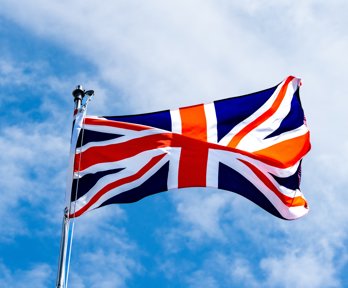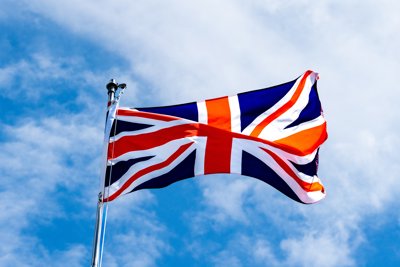The purpose of this module is to allow students to explore the concept of citizenship from a geographical perspective which is relevant, meaningful and inspiring. The main structure of the module is underpinned by the concept of scale. It encourages students to consider their identities on a range of scales through questioning, asking questions such as Who am I?, What is Britishness?, What do landscapes mean to me? and Am I a global citizen? The module has been designed to encourage students to talk about their personal geographies, to critically think about their place in the world and to become excited about the ever increasing diversities of the world around them.
Who am I?
In the first of six lessons, students ask themselves who they are and what makes them who they are. They start to explore ideas of identity and to recognise those factors that define an individual's identity. From here the scale broadens to consider the question, Who do we think we are? Students investigate their personal geographies; their role and identity in their local area and their relationship with other members of their community. Examples of diversity are presented to challenge stereotypes and to encourage discussion around integration and changing identity.
What is Britishness?
The controversial term Britishness, often spoken about in the media, forms the focus for the second lesson of the module. Students are given the opportunity to express their own thoughts about what the term means, and to listen to the opinions of others. They then work together, in groups and as a class, to try to create a definition of the term Britishness. Students are encouraged to voice their opinions and to justify and give reasons for their choices.
What do landscapes mean to me?
As well as exploring people, identity and our place in society, this Geography and Citizenship module addresses the relationship we have with our natural and manmade landscapes. Landscapes, particularly those in rural areas, can often be used to form stereotypical images of an area or country. In the third lesson of the module, students are challenged to express what landscapes mean to them and how they identify with different landscapes. They are asked to construct a map to represent their relationships with landscapes.
Am I a global citizen?
Expanding the scale from local to global, students spend the fourth lesson from the module investigating their role as global citizens. They consider how global disasters affect them and complete a decision making exercise, in groups, creating an emergency action plan to assist refugees in the Democratic Republic of Congo.
Come into my world Part One
Come into my world Part Two
In these lessons, students use the information they have gathered throughout the module - alongside knowledge and understanding from elsewhere in the curriculum - to consider their place and role in the world on local to global scales. Students create a 60 second film clip entitled ‘Come into my world' to express their ideas.
During this module, and through a series of engaging and interactive activities that link elements of the Geography and Citizenship programmes of study, students are encouraged to think actively about their own place in the world. They will engage in critical thinking and discussion, during which they will need to acknowledge both the views of others and the nature of the world around them; the one in which they are both local and global citizens.

Who am I?
This lesson explores identity and personal geographies

What is Britishness?
This lesson looks at Britishness and what the term means to different people

What do landscapes mean to me?
This lesson explores landscapes and how we feel about them

Am I a global citizen?
This lesson looks at what it is to be a global citizen and whether or not it is important

Come into my world part one
This lesson looks at our awareness of our place in the world

Come into my world part two
This lesson follows on from lesson five and looks at our awareness of our place in the world
Downloads
File nameFiles
File type
Size
Download
Who Do We Think We Are? Lesson 4 A Humanitarian Disaster in the Democratic Republic of Congo
.ppt
8 MB
